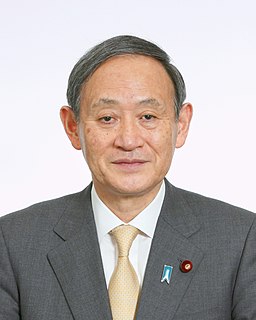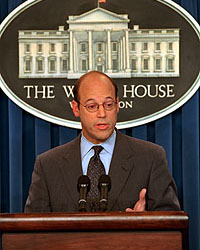Цитата Эми Локвуд
Истерли, знаменитый экономист, представляет одну сторону в непрекращающихся дебатах с другим звездным экономистом Джеффри Саксом о роли международной помощи в глобальной бедности. Истерли утверждает, что существующие стратегии помощи не уменьшают и не уменьшат бедность, потому что они серьезно не учитывают отзывы тех, кто нуждается в помощи, и потому что они увековечивают западные колониальные тенденции.
Темы цитат
О
счете
Помощь,
потому что
станешь
знаменитым
Колониальные
дебаты
Экономист
Существующая
обратная связь
Научный сотрудник
Глобальная
глобальная бедность
Международная
потребность
Постоянное
увековечивание
бедности
Подарки
Уменьшите
роль
серьезно
Сторонние
звезды
Стратегии
Примите
тенденции
, которые
Запад
будет
Связанные цитаты
Мойо, экономист из Замбии, утверждает, что помощь не только неэффективна, но и вредна. Ее аргумент имеет сильный удар, потому что она родилась и выросла в Африке. Мойо считает, что деньги на помощь способствуют коррупции в правительстве и зависимости граждан, и выступает за то, чтобы инвестиционный подход сделал больше для сокращения бедности, чем когда-либо могла помочь помощь.
Представление о том, что помощь может уменьшить системную бедность, и это уже произошло, является мифом. Миллионы в Африке сегодня беднее из-за помощи; нищета и нищета не прекратились, а увеличились. Помощь была и остается настоящей политической, экономической и гуманитарной катастрофой для большей части развивающихся стран.
Милостыня имеет тенденцию увековечивать бедность; помощь покончила с этим раз и навсегда. Милостыня оставляет человека там, где он был прежде. Помощь возвращает его обществу как личность, достойную всякого уважения, а не как человека с обидой. Милостыня есть щедрость богатых; социальная помощь нивелирует социальное неравенство. Милосердие отделяет богатых от бедных; помощь поднимает нуждающегося и ставит его на один уровень с богатым.
Когда мы помогаем бедным, мы не делаем работу благотворительных организаций «по-христиански». Это хорошо, это приличное дело - благотворительная деятельность хороша и вполне человечна, - но это не христианская нищета, которую желает от нас и проповедует нам св. Павел. Христианская бедность есть то, что я даю из своего, а не из того, что осталось, - я даю даже то, что мне нужно для себя, бедняку, потому что знаю, что он обогащает меня. Почему бедняк обогащает меня? Потому что Сам Иисус сказал нам, что Он в бедном человеке.
Мы рассматриваем исключительное состояние бедности. Все остальные индивидуальные проблемы проистекают из этого состояния... неважно, смерть это, помощь, торговля, СПИД, голод, нестабильность, управление, коррупция или война. Все это бедность. Наша проблема в том, что все пытаются исцелить каждый из отдельных аспектов бедности, а не саму бедность.
Причина, по которой мир находится в таком положении, заключается в том, что Северная Корея заключила соглашение, а затем не выполнила свои условия соглашения. Они получили помощь в обмен на обещание не разрабатывать ядерное оружие. Они взяли помощь, они бежали с помощью, а потом все равно разработали ядерное оружие.































